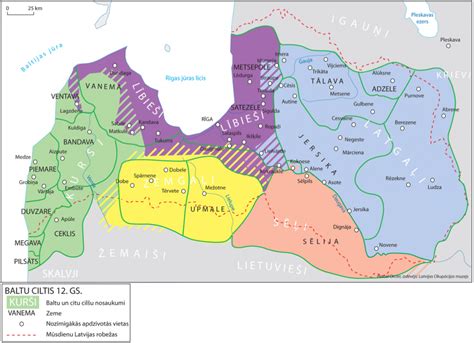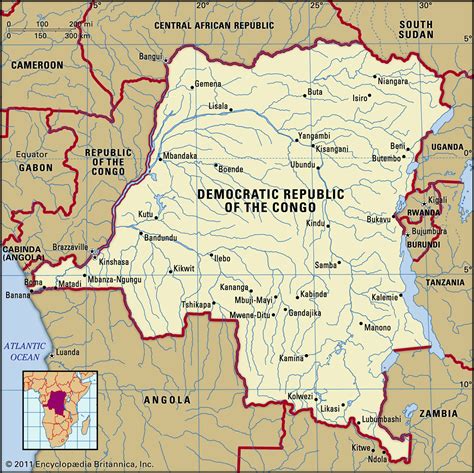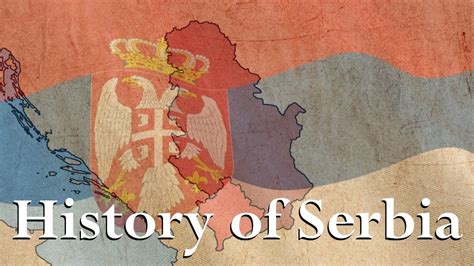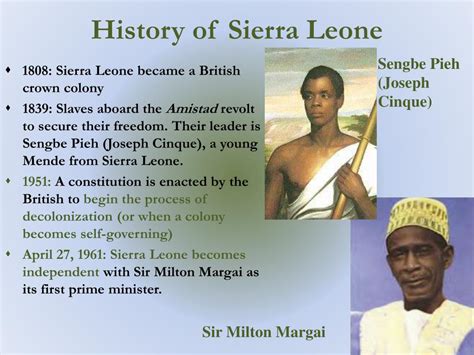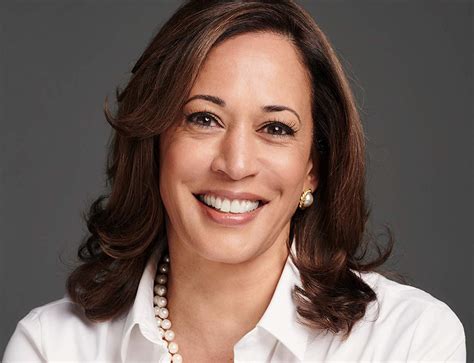Explore the rich history of Liberia from early settlements to post-war reconstruction, including colonization, slavery’s impact, and the founding of the Republic.
Early Settlements in Liberia
Contents
History of Liberia
The early settlements in Liberia mark the beginning of the country’s rich and complex history. In the early 19th century, the American Colonization Society established a colony for free people of color from the United States in the region that is now Liberia. The society aimed to provide a new home for those who had been formerly enslaved, and the first settlement was established in 1822. This marked the start of a wave of migration from the United States to Liberia, as more and more free people of color sought refuge and opportunities in the new colony.
As the settlement grew, tensions arose between the indigenous tribes of the region and the new settlers. The clashes and conflicts that followed shaped the early history of Liberia, as the settlers sought to establish a foothold in the new land and the indigenous tribes fought to protect their territory and way of life. The interactions between these groups would have long-lasting effects on the development of the country.
The early settlements in Liberia also saw the establishment of the country’s first institutions and infrastructure. The settlers brought with them their own traditions, customs, and knowledge, which they adapted to their new environment. They established schools, churches, and government structures that would form the foundation of the future Republic of Liberia. The blending of cultures and the forging of new identities were crucial aspects of the early settlements, and they continue to influence the country to this day.
The early settlements in Liberia laid the groundwork for the country’s future development and history. The interactions between the settlers and the indigenous tribes, the establishment of institutions, and the forging of new identities all played a crucial role in shaping the course of Liberia’s history. Understanding this period is essential to gaining insight into the complex and diverse history of the country.
Colonization and the American Colonization Society
Colonization of Liberia began in the early 19th century when the American Colonization Society (ACS) was established with the goal of repatriating freed African-American slaves to Africa. The society believed that African-Americans would never find equality and acceptance in the United States due to the ongoing racial discrimination and oppression. As a result, the ACS sought to establish a colony in Africa where freed slaves could live and govern themselves.
The ACS successfully acquired land from local African leaders and established the colony of Liberia in 1822, naming its capital city Monrovia after the fifth President of the United States, James Monroe. The colonization effort received support from both abolitionists and slaveholders in the United States, albeit for different reasons. While abolitionists hoped that the establishment of Liberia would lead to the eventual abolition of slavery in the United States, slaveholders saw the colonization as a way to remove free African-Americans from their midst.
Despite the noble intentions of the ACS, the colonization project faced numerous challenges and criticisms. Many African-Americans were not enthusiastic about relocating to Africa, as they had been born and raised in the United States and viewed it as their home. The harsh conditions in Liberia, including disease and conflict with indigenous groups, also posed significant obstacles to the success of the colony.
In addition, the colonization project has been heavily criticized for its paternalistic and racist undertones. The ACS and its supporters believed in the inherent superiority of the American way of life and sought to civilize the indigenous African population in Liberia, often at the expense of their autonomy and cultural practices.
Despite its controversial and complex legacy, the colonization of Liberia by the American Colonization Society played a crucial role in the history of the country and the broader African diaspora. It led to the founding of the Republic of Liberia and the establishment of the first independent African republic. The impact of colonization and the ACS on Liberia’s history continues to be the subject of scholarly debate and reflection.
Founding of the Republic of Liberia
The founding of the Republic of Liberia was a significant event in the country’s history, marking its establishment as an independent nation. In 1822, the American Colonization Society, a group dedicated to promoting the resettlement of free African Americans in Africa, established a colony in West Africa. The settlement, named Monrovia after U.S. President James Monroe, was intended to provide a home for freed slaves and free people of color from the United States. Over the following decades, the colony expanded and evolved, eventually gaining independence and becoming the Republic of Liberia in 1847.
The founding of Liberia was not without its challenges, as tensions between the settlers and indigenous peoples often led to conflict. Despite these difficulties, the new nation was able to establish a government and maintain a degree of stability. The founding fathers of Liberia, many of whom were former slaves themselves, worked to create a society based on the principles of freedom and equality, albeit with some limitations.
The establishment of the Republic of Liberia had a profound impact on the region, as it represented a unique experiment in creating a nation for African Americans outside of the United States. Additionally, Liberia’s founding set the stage for future developments in the country’s history, including its struggles with political instability, economic challenges, and social issues.
Today, the founding of the Republic of Liberia remains an important part of the country’s national identity, serving as a reminder of its unique origins and the ongoing legacy of its early settlers. As Liberia continues to navigate the complexities of its history and build a more prosperous future, the founding of the republic stands as a defining moment in its evolution as a nation.
Slavery and the Impact on Liberia’s History
Slavery played a significant role in shaping the history of Liberia. The country was established as a refuge for free people of color from the United States, many of whom were previously enslaved. The legacy of slavery and the transatlantic slave trade had a lasting impact on the demographics, culture, and social structure of Liberia.
The American Colonization Society (ACS) was founded in 1816 with the goal of repatriating free African Americans to Africa. This led to the establishment of the Virginia Colony in present-day Liberia. The colonists, known as Americo-Liberians, brought with them their own cultural practices and norms, which would have a lasting impact on the indigenous populations of Liberia.
During the early years of Liberian history, many Americo-Liberians sought to replicate the social hierarchy they had experienced in the United States, leading to the establishment of a system that marginalized indigenous tribes. This legacy of colonization and the disparities it created between different ethnic groups continue to shape Liberian society today.
The impact of slavery on Liberia’s history is also evident in the country’s economic development. The reliance on forced labor during the colonial period contributed to the perpetuation of exploitative labor practices. This history of forced labor has had a lasting impact on the social and economic fabric of Liberia, contributing to ongoing challenges related to poverty and inequality.
Furthermore, the trauma and legacy of slavery continue to shape the national identity and collective memory of Liberia. The interplay of historical trauma and contemporary social dynamics underscores the enduring impact of slavery on Liberia’s history.
Civil War and Post-War Reconstruction
The Civil War in Liberia lasted from 1989 to 2003, resulting in a devastating impact on the country’s infrastructure, economy, and society. The war was primarily fought between the National Patriotic Front of Liberia (NPFL) and the Armed Forces of Liberia (AFL), leading to widespread destruction and displacement of the population.
The post-war reconstruction efforts were crucial in rebuilding the nation after years of conflict. International organizations, such as the United Nations Mission in Liberia (UNMIL), played a key role in facilitating the peace process and supporting the reconstruction of essential services, including education, healthcare, and governance.
The legacy of the civil war and post-war reconstruction continues to shape Liberia’s modern history, as the country strives to address the underlying causes of the conflict, promote reconciliation, and achieve sustainable development. The establishment of the Truth and Reconciliation Commission (TRC) has been instrumental in addressing human rights abuses and promoting national healing.
Despite the challenges, Liberia has made significant progress in rebuilding its economy and strengthening its democratic institutions. The nation continues to work towards lasting peace, social cohesion, and sustainable development, reflecting the resilience and determination of the Liberian people in the aftermath of the civil war.



